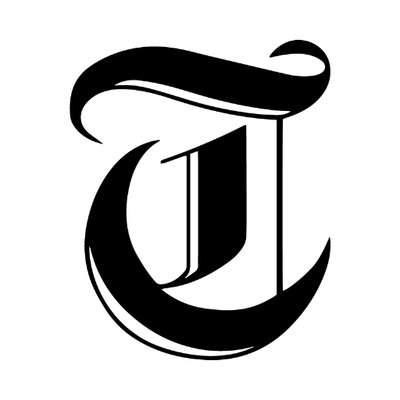
Hong Kong police released pro-democracy activist Jimmy Lai on bail 48 hours after being arrested under China’s new security law. As he told Fox Business, Lai is accused of “colluding with foreign powers.” The Hong Kong media tycoon’s arrest should concern even those of us here in the U.S.
The new security law is an opportunity for the U.S. to assert its place as a bastion of exactly these freedoms that China is limiting. The U.S. should offer refuge and asylum for those who share democratic values and face arrest and imprisonment under the new security law.
Many Utahns already have a connection with Hong Kong. Since the 1950′s, thousands of Latter-day Saint missionaries have served in Hong Kong. The church has had a temple there since 1996. In turn, thousands of native Hong Kong students have studied in Utah universities. Many have stayed to work for Utah companies and raise their families.
China’s new National Security Law revokes many protections that Americans and Hongkongers hold dear. As Lai pointed out, the law allows the police to raid businesses without search warrants. That the people of Hong Kong revere American values and treasure their freedoms every bit as much as most Americans do is shown in the past year of the pro-democracy protests in Hong Kong. The question is how to provide refuge to those in need?
A promising option comes from Utah’s own U.S. Reps. John Curtis, Ben McAdams and Chris Stewart. They are leading a bipartisan effort to pass the Hong Kong Safe Harbor Act, which grants refuge and asylum to the people of Hong Kong. Other supporters include Rep. Ilhan Omar, D-Minn.; Rep. Joaquin Castro, D-Texas; Sen. Marco Rubio, R-Fla.; Sen. Elizabeth Warren, D-Mass. — a rare example of bipartisan unity on an immigration-related bill.
With a population of nearly 7.5 million, it would be difficult for the U.S. alone to take in everyone. Yet Hong Kong’s connections are international. For example, the United Kingdom has already offered 3 million visas to people in Hong Kong. Because Hong Kong was a British colony for more than 100 years, many will have reasons to make a permanent home in the UK.
Still, the U.S. would do well to open its doors wide to the people of Hong Kong. Immigration is a win-win. Immigrants often create new businesses or companies, Google and Tesla are two prominent examples of billion-dollar companies that include immigrants as founders.
For a historical example, consider Andrew Carnegie, a poor immigrant from Scotland who became one of America’s wealthiest philanthropists. Today, towns across the country still host Carnegie libraries that he donated. Utah has 16, 10 of which are still libraries, including the Richmond Public Library in my hometown.
It will also be relatively easy to take in Hongkongers and reap the economic benefits. Many speak English — it is an official language of Hong Kong — thanks to its history as a British colony. The BBC reported in 2017 that more than half speak English, up from 38% in 1996.
In addition to language abilities, the people of Hong Kong are industrious. At around 400 square miles, Hong Kong is 199 times smaller than Utah and is just as prosperous. According to the World Bank, Hong Kong’s 2019 economic production was approximately 50 thousand per person, while the average for the U.S. is around 65 thousand. These are people who will keep the U.S. economy running.
Our primary reason for offering asylum and refuge should be that it positions the U.S. as a powerful defender of individual freedom. Those facing arrest, like Jimmy Lai, face it because they share American values.
The Statue of Liberty is engraved with a promise that the U.S. will be a country of exiles, for those yearning to breathe free. Creating a safe harbor for people in Hong Kong is one way that we can live up to that promise.


 The Salt Lake Tribune
The Salt Lake Tribune